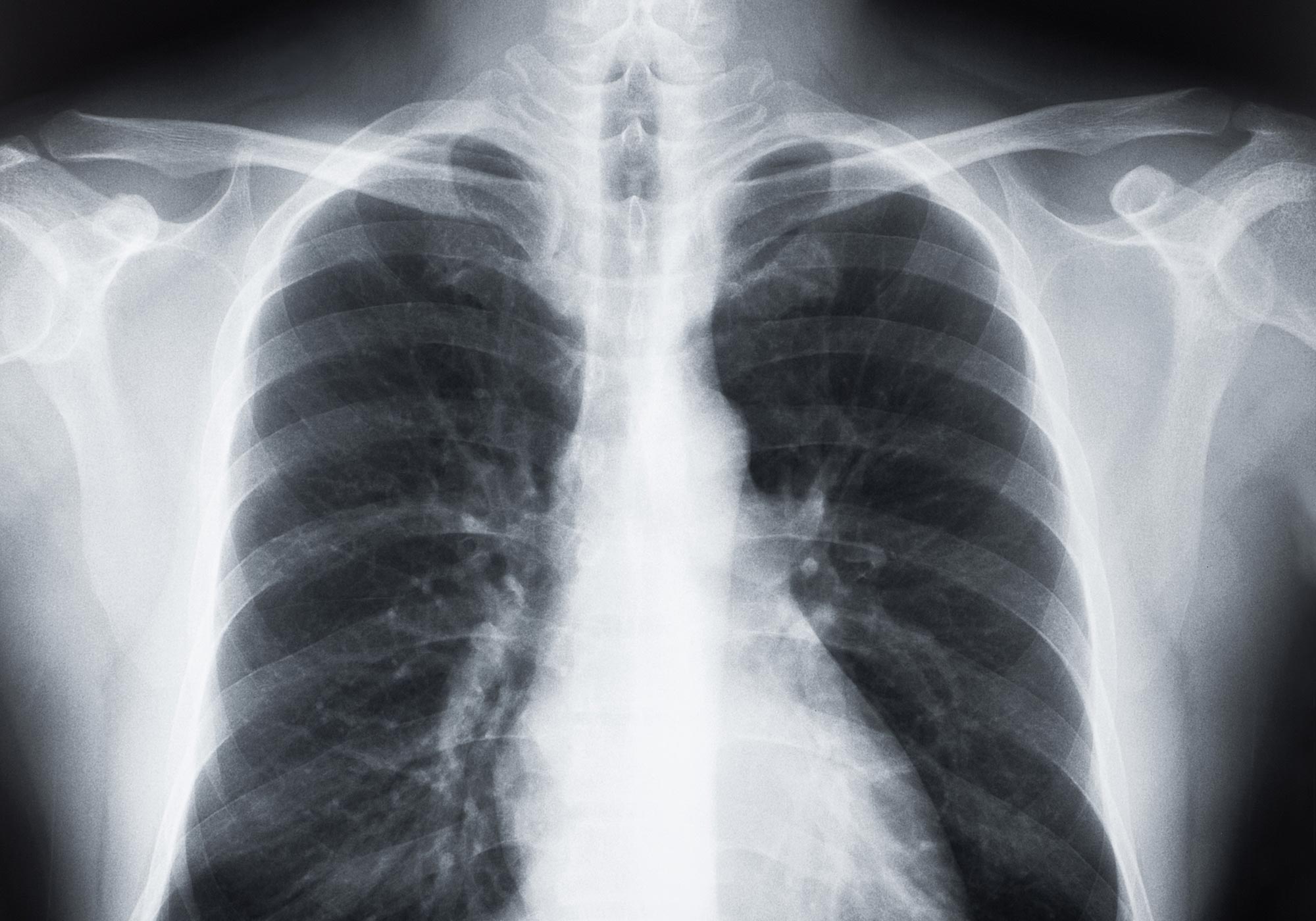Incidence rates for hormone receptor positive (HR+) breast cancers are considerably higher in black men than white men, in stark contrast to lower incidence rates of those cancer subtypes in black versus white women. That’s according to a new American Cancer Society study that used nationwide data to provide the first report on differences in...
Health
Training Middle-School Educators to Identify Suicide Warning Signs
Aside from car crashes, suicide is now the second-leading cause of death among young people in the United States, according to the Centers for Disease Control and Prevention. In Ohio alone, suicide is the leading cause of death for 10- to 14-year-olds, according to new data from the state’s health department. Experts agree that among...
Increasing Transparency in the Healthcare Sector: More Might Not Be Better
Increasing quality transparency in the short-term typically improves social welfare and reduces inequality among patients. Increasing transparency in the long-term can decrease social welfare and increase inequality. The best solution is to target public reporting to specific patient populations and incentivize hospitals. More isn’t always better. That’s what researchers say when it comes to transparency...
Print Me an Organ — Why Are We Not There Yet?
3D bioprinting is a highly-advanced manufacturing platform that allows for the printing of tissue, and eventually vital organs, from cells. This could open a new world of possibilities for the medical field, while directly benefiting patients who need replacement organs. Instead of waiting for a suitable donor or having the risk of their body rejecting...
How to Infuse Oils, Vinegars, and Booze Without Getting Sick
Many infused oils, honeys, vinegars, and liquors could pose significant health risks, but there are ways to make these popular holiday gifts much safer. Foods that aren’t processed correctly or stored at the proper temperature can become a breeding ground for bacteria. The same is true for foods that are not sufficiently acidic. For example,...
Extra Protein Probably Doesn’t Benefit Everybody
Eating more protein than daily recommendations suggest may only benefit people who are cutting calories to lose weight or strength training to build more lean muscle mass, according to a new study. The study also affirms that the recommended dietary allowance, of 0.8 grams of protein per kilogram of body weight per day—or 0.36 grams...
Teens Must ‘Get Smart’ About Social Media
New research indicates that social media is leading young adolescent girls and boys down a worrying path towards developing body image issues and eating disorder behaviours – even though they are smartphone savvy. The Australian research, published in the International Journal of Eating Disorders (Wiley), found platforms with a strong focus on image posting and viewing such...
E-Cigarette User Found to Have Rare Form of Lung Scarring Typically Found in Metal Workers
Researchers studying a patient with a rare lung disease called hard-metal pneumoconiosis say the disease was probably caused by vaping. The condition creates an unusual and distinctive pattern of damage to the lungs that results in breathing difficulties. It is typically diagnosed in people who work with “hard metals”, such as cobalt or tungsten, in...
Rural Women at Higher Risk of Life-Threatening Pregnancy Complications
Women in rural communities experience higher rates of life-threatening complications during or after childbirth than mothers in urban cities, a new study finds. Maternal deaths and deliveries requiring emergency, life-saving treatment are increasing among both rural and urban residents, up from 109 to 152 per 10,000 childbirth hospitalizations, the new research finds. But rural residents...
Controlling Attention with Brain Waves
Having trouble paying attention? MIT neuroscientists may have a solution for you: Turn down your alpha brain waves. In a new study, the researchers found that people can enhance their attention by controlling their own alpha brain waves based on neurofeedback they receive as they perform a particular task. The study found that when subjects...









